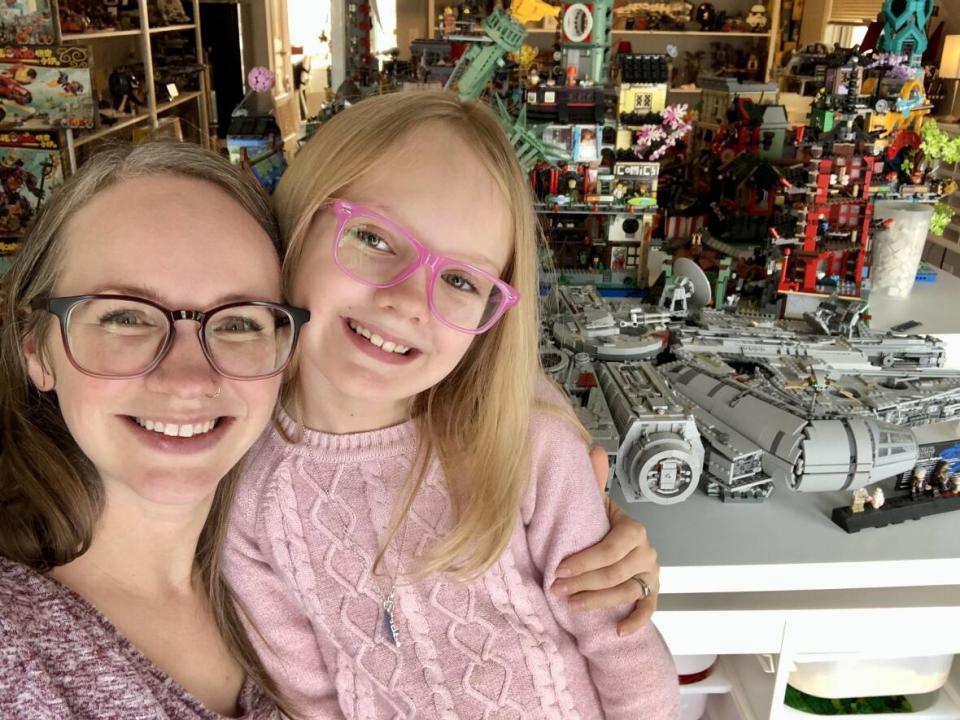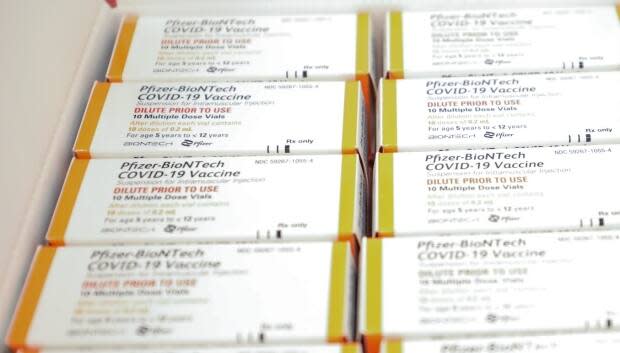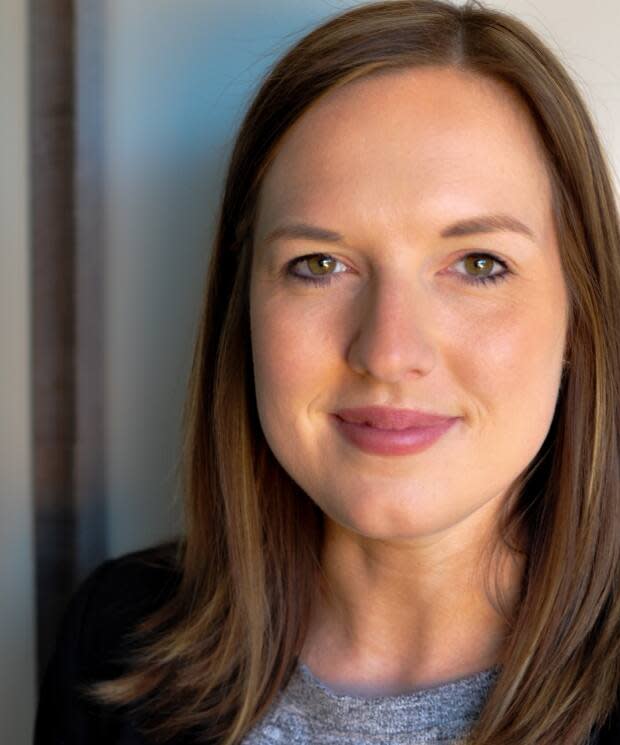COVID-19 vaccine offers hope to kids, the pandemic's 'silent sufferers,' psychologists say

For Calgary mom Jessy Roos, booking the COVID-19 vaccine for her seven-year-old daughter offered a spark of hope in what has been a long and isolating pandemic for the entire family.
"There was serious happy dancing in the kitchen," she said with a laugh.
Roos made an appointment on Wednesdasy as soon as COVID-19 vaccine bookings opened for Alberta children between the ages of 5 and 11.
The family of six, including three children under the age of five, has remained close to home during the pandemic in an effort to protect vulnerable family members.
Roos's oldest daughter, who is seven, has been attending school online and missed out on many social interactions.
"I'm happy that she's going to be protected from this illness that we know so little about. I'm happy that it's another layer of protection for the more vulnerable people in our community and our family," said Roos.
"But I'm happy for her personally because she has missed the in-school experience. That has not been a small sacrifice for her."
Roos's daughter is not alone. Alberta children have missed birthday parties and play dates. They've have been bounced in and out of school and they've watched as other family members, including older siblings, were able to get their COVID-19 shots.
"They really have been the silent sufferers of this pandemic and have given up a lot," said Dr. Nicole Racine, a clinical psychologist and post-doctoral research fellow at the University of Calgary.
"They're aware, they know what COVID is and they can also understand what vaccination does and the important protection that it brings. So my hope is that kids do feel a sense of relief."

According to Alberta Health, 55,032 appointments for pediatric COVID doses had been made as of 9 a.m. on Thursday.
With the eligibility expansion, 391,000 Alberta children ages 5 to 11 can start getting their shots as of Friday.
There is an eight-week interval required between doses — meaning it's not possible for younger children to be fully vaccinated until the new year — and public health restrictions still remain in place.
Calgary clinical psychologist Dr. Katie Birnie says this is a key step forward for children and signals a move into the next phase of the pandemic for them.
"Children in the younger age groups are going to be afforded some of the same protections that older adolescents and adults have had for some time," said Birnie, who is also an assistant professor at the University of Calgary.
"There's a lot of kids that can now think about doing things they haven't been able to do, whether it's birthday parties or sports or family vacations.… Kids have been carrying a lot of the burden of the pandemic."
Needle fears
While getting the COVID-19 vaccine may bring excitement, it will also come with trepidation for many children. Needle fears are very common, according to Birnie, who says roughly 60 per cent of children experience this fear.
A key strategy for parents, she says, is to talk about vaccination ahead of time.

"Talk about why you're getting it, how it's going to change things in your family."
Birnie says it's also important to discuss coping strategies with children.
"And when you get there, bring distractions with you. They can use your smartphone to watch a movie, listen to some music or talk to you about something fun in line. They can also do that during the needle itself. They can sit in your lap. You can hold them in a bit of a hug. It helps them feel still and comfortable."
She also recommends a numbing cream to be applied 30 to 60 minutes head of time, which can be purchased over the counter at pharmacies.
And, according to Birnie, don't forget to plan a reward for afterward.
"Celebrate! Plan that reward. Do something fun. Talk about what went well," she said. "Those things can help make sure things go better for the second dose."
Despite recommendations from public health officials, not all parents plan to have their children vaccinated.
Preliminary research out of the University of Alberta indicates roughly 55 per cent of parents with five- to 11-year-olds plan to have their kids immunized, and another 25 per cent are undecided.
Racine says while the science is clear on the efficacy of the vaccine for children and the importance of its roll in fighting the pandemic, some children may have questions if not all of their friends are vaccinated.
"That may be something we need to talk about — that different families are going to make different decisions … and just providing explanations to your children for the decisions that you make."

